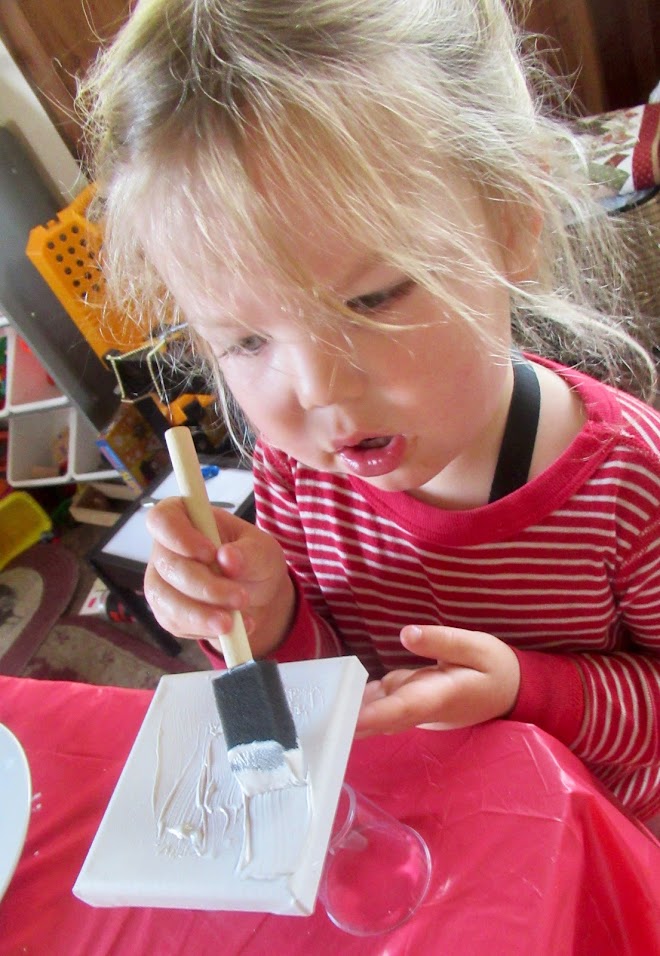This is Episode 24 in the story of the formation, rise and fall of the little education collective that used to exist up here on our mountain. I wrote and posted this account three years ago on my blog and then pulled it off because someone whose name I had not changed, objected. Now I have changed both the name of the little school itself, and the names of everyone who might be negatively impacted, and plan to re-post the story, one episode per day, until all 32 are again on my blog.
Direction and Affection
As Karen was making her difficult decision, I was trying to do everything I could to make it clear that I was a team player, when it came to supporting the Collective. I was just as enamored with the concept of Bell Springs as those who had been in on it from the beginning, and I felt a need to compensate for the fact that I was just coming on board.
It was not about disliking the commute to town, because it took a half-hour to drive in to Laytonville, whereas it took longer to get to Bell Springs. That was because by the time we got to the point where we were walking the path from Joe’s house to the school, it added enough time to make it a longer venture than if we drove to town.
My interest in Bell Springs came from knowing that if we sent the boys to Laytonville, there would be classrooms of 25 or more kids, there would be the five-day-a-week grind, and there would be the inevitable challenges that accompany kids when they emerge from the hills to mingle with the townspeople.
Having begun working for Imika in September of 1987, I was quite familiar with her distorted view of how the community was supposed to have been antagonizing her, by driving past her house and causing dust to appear. She never seemed to recognize that in terms of the big picture, no one who ever came to the school felt that there was an inordinate number of vehicles or people involved to make the complaints that Imika did.
There were never more than fifteen students on any given day, so maybe seven or eight cars might travel to the school. There was the occasional gathering at the school for the purpose of doing fund-raisers. Bell Springs members used to present “Casino Night,” which featured a series of different forms of card-play or similar game of chance.
I used to head for the poker table where you bought into the game, paying an entrance fee, and then donated ten percent of each winning pot to the school. It was just as enjoyable as any of the classic poker games we had up on the mountain, and there was a strong sense of community spirit. A large pot would inevitably induce the winner to be especially generous to the cause, which was easy to do if the pot was brimming over with dinero. The ten percent rule was more likely to become a ten dollar bill, which would be considerably more than ten percent, but was still only a small part of the winning pot.
Imika was just as likely to attend these fund raisers as any of the collective members, and yet, down the line, she used these community events as grist for the mill, regardless of the contradiction which involved her presence. However, it is important to note that vision in hindsight, is considerably more accurate that that of conventional wisdom.
We had no reason to think that Imika would turn out to be so demanding and unreasonable. I figured at the time, that I was late on the scene, and had not been around when the community had had to lend support when Misha was small. Therefore, I had plenty of reserve capacity for extending that communal support, all in the interests of maintaining the harmony of the existing environment.
The more I saw Casey, interacting in the comfortable setting of a class of five students, the more enamored I became. I had worried that the extroverted Casey would be too overwhelming for the small setting, but the fact that there were so few students, and the fact that the parent teachers were so comfortable with the setting, it turned out to be just as ideal as I had thought it would be.
Now it was time for me to put my money where my mouth was. Being on the Administrative Committee, I was aware of Karen’s dilemma with Misha, and I was aware that this was a big deal, because of the proximity of Imika’s house to the school, so I read that memo from Misha’s teachers carefully and tried to implement a plan. The thing I was focused on was the part of the memo that discussed the need for Imika to find a tutor for Misha, and a liaison to meet with school personnel to discuss Misha’s development.
“Misha is not ready for first grade now, but we feel that she could be with extra tutoring and emotional and physical consistency at home. Without this extra support and help, Msha will not be able to go the the second grade next year.”
I
In a letter written a year later, my mother, Pauline, explained how I had tried to address the situation. The letter went like this:
“One day in the Fall of 1988, I had a conversation with my son, Mark O’Neill. We were discussing the situation at Bell Springs Education Collective; he was describing some of the ongoing problems. He told me there was some discomfort between Corrine Chintz and the contract teacher for Misha, and that the arrangement was being terminated. He said that the staff at Bell Springs was considering the possibility of having another person tutor Misha, but that there was a problem finding someone willing to do that. He asked me if I would consider taking on that undertaking. I told him that I was not a teacher and therefore could not contract to teach anyone.
He told me they weren’t looking for a teacher, since this would not be a formal sort of arrangement fall under the direction of the school system, nor would there be financial remuneration. Rather, he wanted someone willing to spend some time in companionship with Misha, who showed many signs of needing direction and affection. He suggested that I might read to her, or simply talk with her, or play simple games.
He further said he would not expect me to contribute my time; that in order to repay me for the time I spent with Misha, he would come to my house himself and do whatever sort of work I needed to have done, in an even exchange, hour for hour, to repay me for my time. I agreed to this arrangement, and was prepared to spend time two days a week with Misha.
However, before this plan cold be carried out, something occurred which dissolved the whole arrangement. I make this statement at this time to show that Mark O’Neill was very much concerned for the welfare and well-being of Misha, to the extent that he was willing to donate his own time, to promote her emotional health. He would never have done her harm, either intentionally or unintentionally.
August 11, 1989
Pauline M. O’Neill
She had obviously written the letter on my behalf, when Imika filed to restraining order against me, but I present it as evidence, that even up to the point where Karen had to make her decision, Bell Springs Collective was still trying to examine strategies to make the situation work. Bell Springs was too centralized in our lives, to set it aside without a battle.















No comments:
Post a Comment